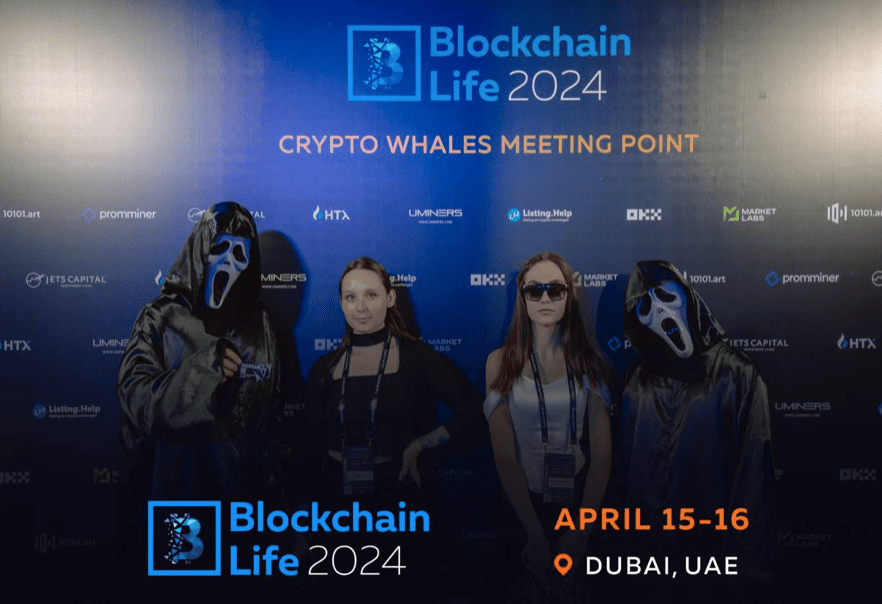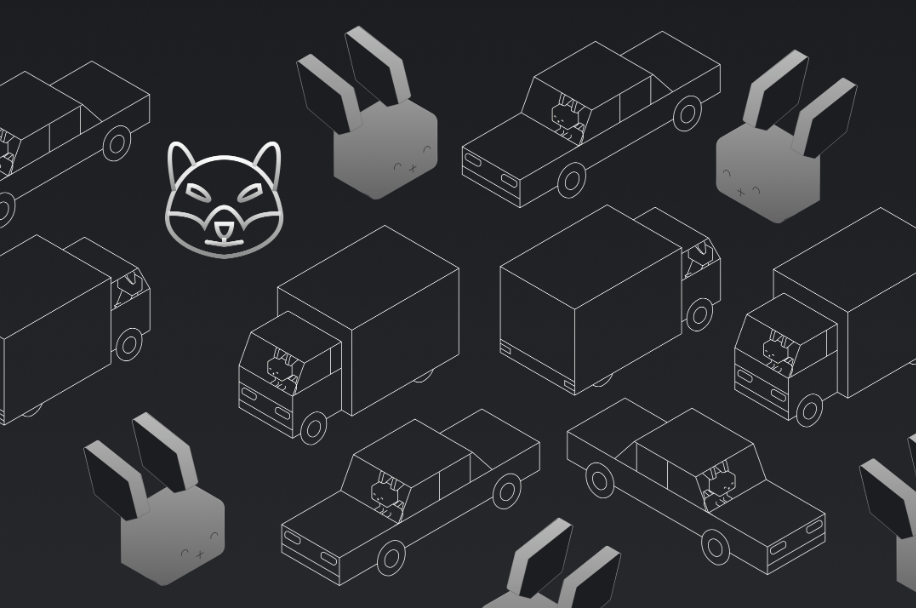Table of Contents
- The Challenges Of Mass Adoption
- Why Do KYC And AML Matter?
- Zero Knowledge KYC
- How Does This Work?
- An Ideal Solution
Dusk Network recently announced the launch of Citadel, a bespoke KYC and AML solution incorporating zero-knowledge proofs, digital self-sovereign identity, and automated compliance with regulations.
The framework lets users control what they share and with whom. But why is this tool needed?
The Challenges Of Mass Adoption
Blockchain technology and cryptocurrencies are quickly moving toward mainstream adoption. While a desirable development, it also prevents several complex challenges with unforeseen and often detrimental effects. Mainstream adoption is more complicated than simplifying the UI/UX, as many moving pieces need to be aligned to transition into a broader economy, and while important, improvement of the UI/UX is just one part. Another critical aspect of mass adoption is Know Your Customer (KYC) and Anti Money Laundering (AML).
Why Do KYC And AML Matter?
Banks and financial institutions generally require KYC to verify the identity of their customers. Meanwhile, AML refers to the legal infrastructure put in place to curb the illegal use of funds. Both are relatively common in the traditional financial ecosystem because these operate in highly regulated environments requiring effective KYC and AML procedures and compliance. For crypto and blockchain technology to interact and gain acceptance in mainstream finance, it would also need to meet KYC and AML requirements.
While decentralized exchanges and applications may still be accessible, regulated assets are a completely different ball game. However, while crypto enthusiasts may have reservations about these procedures, these processes are enforced by regulators, and financial institutions are required to comply with them. When it comes to crypto, users already subject themselves to KYC and AML regulations when using centralized exchanges but still maintain some degree of anonymity when they move to the blockchain. However, this approach hinders broader adoption and interaction with highly regulated assets.
Zero Knowledge KYC
Dusk Network has created a blockchain capable of enabling users to interact with regulated assets in a “crypto way.” The company states that its intention is to enable users to retain self-custody of their assets, maintain privacy, transact in a trustless manner, and open themselves to a host of economic opportunities. Institutions and companies can tokenize their assets on the Dusk blockchain and enable mass adoption.
This required KYC and AML to be in-built into its technology and paved the way for zero-knowledge proofs to come into the picture, allowing users on the Dusk Network to verify the identity of its users without having them reveal it. This means users can interact with regulated assets without revealing their identities.
How Does This Work?
Transactions on the Dusk blockchain would require KYC and AML only initially. Once this is completed, users can utilize the complete list of financial services and opportunities and create their portfolio of crypto and real-world assets. Users on the Dusk Network can then trade with whoever else that has completed the same process as them. Companies can tokenize their assets on the blockchain and program their regulatory compliance. This helps solve three pressing issues. First, it automates the process of checking and verifying the details of users and ensuring no rules are broken.
Secondly, it removes the ambiguity of granting pseudo-anonymous entities access to services, and lastly, it removes additional compliance costs associated with storing and handling customer data. Once verified, users can seamlessly trade and transact without revealing their identity or providing their credentials every time they trade a regulated asset.
An Ideal Solution
According to Dusk Network, this approach is the ideal solution to ensure seamless mainstream adoption. Users can be assured that their privacy will be protected when interacting with regulated assets and the mainstream financial ecosystem. The use of privacy-preserving zero-knowledge proofs has helped automate regulatory compliance, sparing companies the added costs of spending resources on background checks and identity verification of their users.
Disclaimer: This article is provided for informational purposes only. It is not offered or intended to be used as legal, tax, investment, financial, or other advice.
Investment Disclaimer











